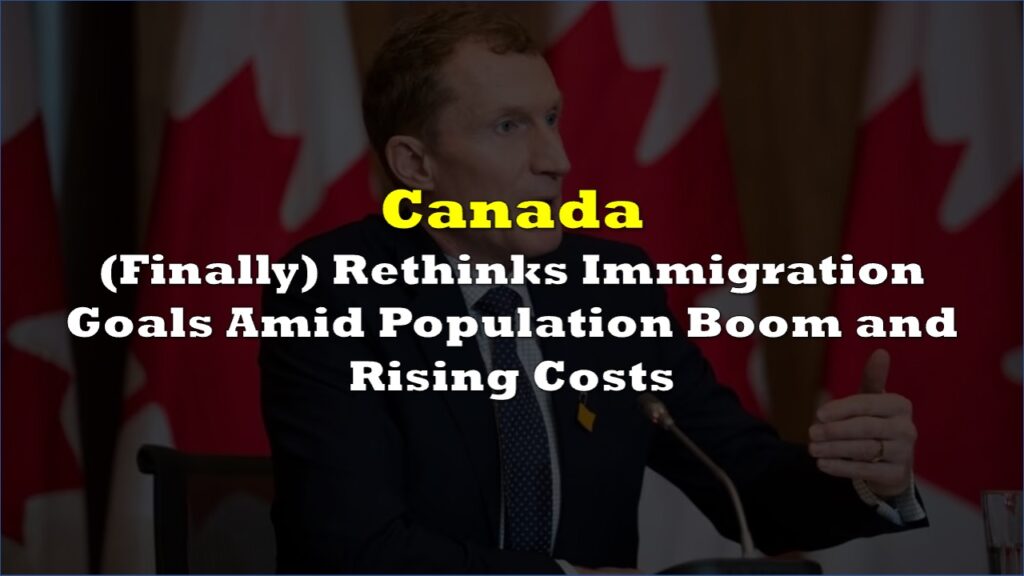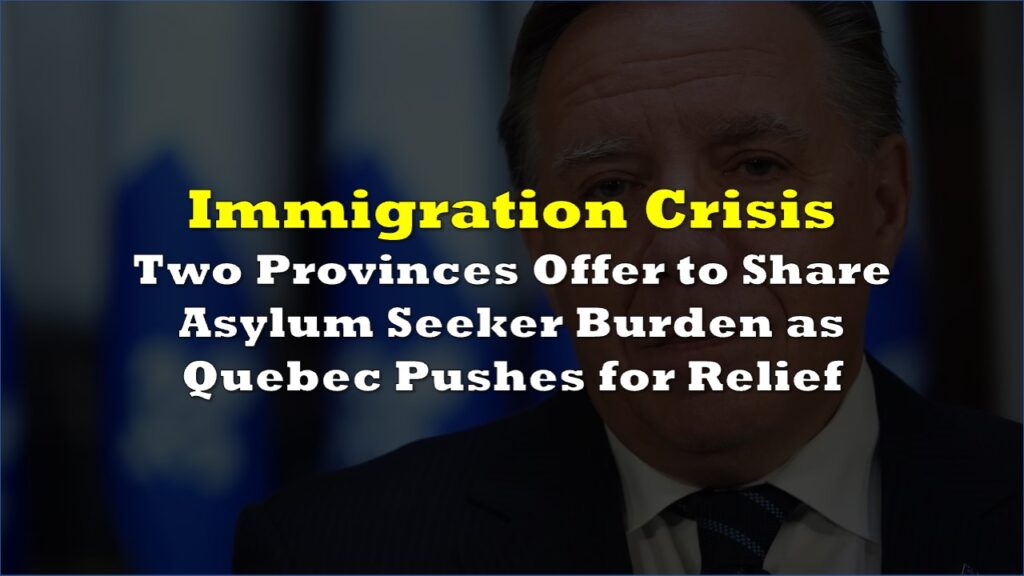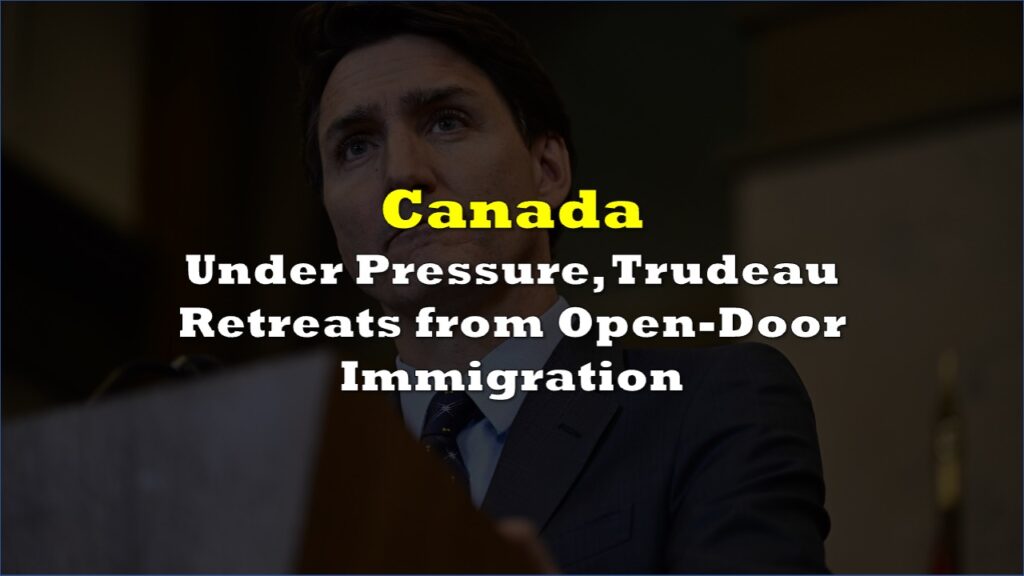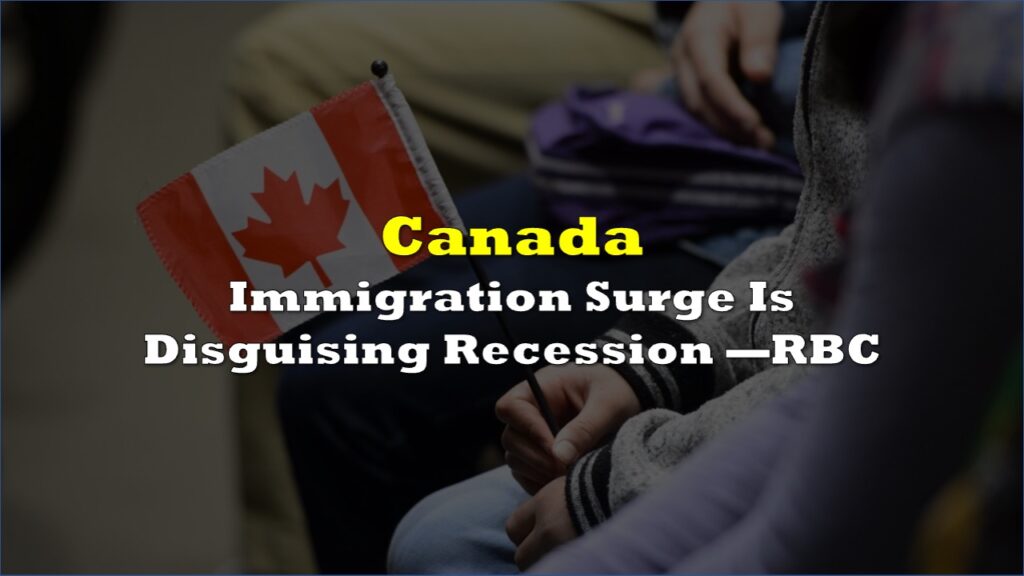Recent estimates have revealed that the Canadian government has lost track of approximately 500,000 undocumented immigrants. This revelation, reported by Immigration Minister Marc Miller’s department, has ignited intense debate and concern across the nation.
According to Immigration, Refugees and Citizenship Canada (IRCC), these estimates do not account for lawful immigrants or those on student or work permits. The figure is largely comprised of individuals that began as temporary migrants, whom then shifted between different legal statuses, and end up undocumented due to systemic failings in the immigration system.
The Liberal government can't account for 500,000 illegal immigrants in Canada.
— Kirk Lubimov (@KirkLubimov) July 31, 2024
"We have made a conscious decision to be an open country."
No you, making a conscious decision to destroy Canada and fleecing Canadians with taxes to pay for it.
Next election is about saving… pic.twitter.com/dIkYz5PnWl
“Canada’s open immigration policy is both a strength and a challenge,” said Miller, reflecting the government’s stance. However, this openness has inadvertently led to a substantial number of people living in Canada without proper documentation, exacerbating their vulnerability and uncertainty.
The sheer number of undocumented immigrants in Canada can be attributed to a combination of systemic flaws and individual circumstances. Many undocumented immigrants entered Canada legally but fell out of status due to various bureaucratic and administrative hurdles.
For instance, migrants on temporary work or study permits often face complex and lengthy processes to renew their status or transition to permanent residency. In many cases, delays in processing applications, changes in personal circumstances, or lack of legal assistance result in individuals losing their legal status.
Additionally, Canada’s immigration system has struggled with data management and tracking. The lack of a centralized and efficient system to monitor the status of temporary migrants leads to significant gaps. Migrants moving within the country or changing their contact information without notifying authorities further complicate efforts to keep accurate records. As a result, many individuals remain undocumented and unaccounted for, despite initially entering the country through legal channels.
The struggle for status
A study by HR Law Canada revealed that 66% of migrant participants switched their legal status at least three times, highlighting the instability and unpredictability of their immigration journeys. Additionally, a significant proportion of these migrants fail to transition from temporary to permanent status. Only 20% of study participants had achieved permanent residency or citizenship, while the remaining 80% were left without legal status, often facing exploitation and marginalization.
The presence of a large undocumented population has far-reaching economic and social implications. Undocumented immigrants often find themselves in precarious employment, subject to exploitative labor practices due to their lack of legal status. This situation not only affects the immigrants themselves but also undermines labor standards and wages for all workers.
Moreover, undocumented immigrants’ inability to access healthcare, education, and social services exacerbates their vulnerability. The Canadian healthcare system, already strained, faces additional pressure as undocumented individuals often avoid seeking medical help until it becomes an emergency, leading to higher costs and worse health outcomes.
Calls for regularization
The call for regularization of undocumented immigrants has been gaining momentum. Advocates argue that regularization is not about rewarding illegal entry but about addressing systemic issues that leave many people in legal limbo.
The current immigration system in Canada presents several legal and policy challenges. Delays in immigration proceedings, the lack of legal aid for temporary migrants, and restrictive policies like employer-specific work permits contribute to the undocumented status of many migrants.
The revelation of such a high number of undocumented immigrants has sparked varied reactions from the public and political spheres. Some critics argue that the government’s immigration policies are too lenient and have led to the current crisis.
Kirk Lubimov, a talking head on X, has been vocal in his criticism, stating, “We are making a conscious decision to destroy Canada and fleecing Canadians with taxes to pay for it. The next election is about saving Canada.”
Conversely, many Canadians and advocacy groups support the idea of regularization, viewing it as a humane and practical solution. They argue that undocumented immigrants contribute to the economy and society and that providing them with legal status would benefit everyone.
Information for this briefing was found via Blacklocks and the sources mentioned. The author has no securities or affiliations related to this organization. Not a recommendation to buy or sell. Always do additional research and consult a professional before purchasing a security. The author holds no licenses.









